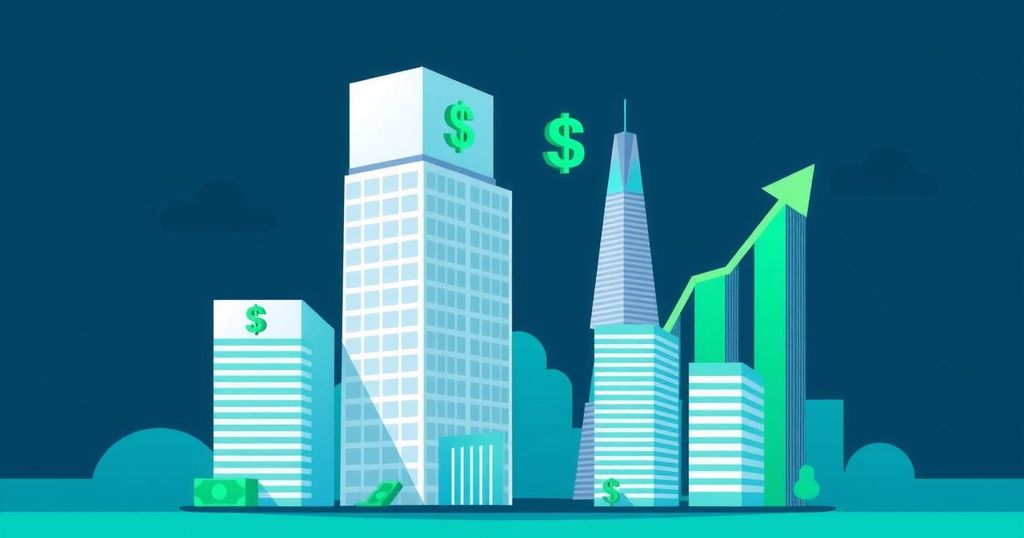Argentina’s Recent Developments: Economic Negotiations, Cultural Controversies, and Sports Success
During March 21-28, Argentina’s Economy Minister announced negotiations for a $20 billion IMF remittance to bolster Central Bank reserves. President Milei gained support from French President Macron. A significant march commemorated the 1976 coup, facing government criticism. Economic activity saw a 6.5% rise, while the Security Ministry banned student centers in prisons. A violent clash among football fans and cultural controversies marked the week, amidst the national football team’s World Cup qualification celebration.
Argentina’s Economy Minister, Luis Caputo, revealed last Thursday plans to negotiate a remittance of US$20 billion from the International Monetary Fund (IMF). This initiative, expected to mobilize additional funds from institutions like the World Bank, aims to boost Central Bank reserves to US$50 billion. Although Caputo indicated that a finalized agreement would take weeks due to bureaucratic procedures, he accused the opposition of destabilizing the government during this critical period.
In a concurrent development, President Javier Milei communicated with French President Emmanuel Macron, receiving assurance of support regarding Argentina’s negotiations with the IMF. Macron characterized Argentina as “a friend with whom we wish to construct the economy of the future,” highlighting potential collaboration in crucial sectors such as critical metals.
The nation marked the 49th anniversary of the 1976 coup with a substantial march in Plaza de Mayo involving human rights organizations, opposition parties, and trade unions. This gathering sparked significant opposition to the Milei government and its handling of historical memory, with rally attendees criticizing the administration’s approach to addressing past atrocities, including the declassification of military dictatorship archives.
On a related note, the Federal Criminal Cassation Court sentenced former police officer Roberto Álvarez to ten years in prison for his role in the illegal arrest and torture of a militant during the dictatorship. This ruling adds to a series of convictions against military officials for human rights violations committed during that tumultuous period.
In cultural news, the monument dedicated to writer Osvaldo Bayer in Río Gallegos was demolished, prompting backlash on social media. Bayer, known for his work on the brutal repression in Patagonia, had his legacy controversially addressed by the local government and public.
Economic indicators showed a rebound in activity, rising 6.5% year-on-year as reported by INDEC, with substantial growth in the financial sector, although some industries faced declines. Meanwhile, the Security Ministry announced a ban on student centers in federal prisons, aiming to refocus on formal educational access for inmates.
A violent altercation between rival football fan groups resulted in multiple injuries, emphasizing underlying tensions within union factions. Concurrently, television personality Jesica Cirio faced scrutiny amid her husband’s legal troubles, highlighting their affluent lifestyle and property acquisitions.
In lighter news, a humorous remark by presidential advisor Demián Reidel regarding the state of Argentines sparked controversy within political circles, showcasing the delicate relationship between public figures and national sentiment. Lastly, Argentina’s national football team secured qualification for the 2026 World Cup with an impressive performance against Brazil, a moment celebrated by fans across the nation.
In conclusion, the recent developments in Argentina highlight significant political, economic, and cultural shifts. The negotiations with the IMF are critical for economic recovery amidst widespread public scrutiny. Additionally, the growing tensions surrounding historical acknowledgment and human rights violations reveal deep societal divisions. The country’s cultural landscape, along with the sporting success of its national team, reflects both pride and challenges faced by contemporary Argentine society. These events are pivotal as Argentina navigates its future while addressing its complex past.
Original Source: batimes.com.ar








Post Comment